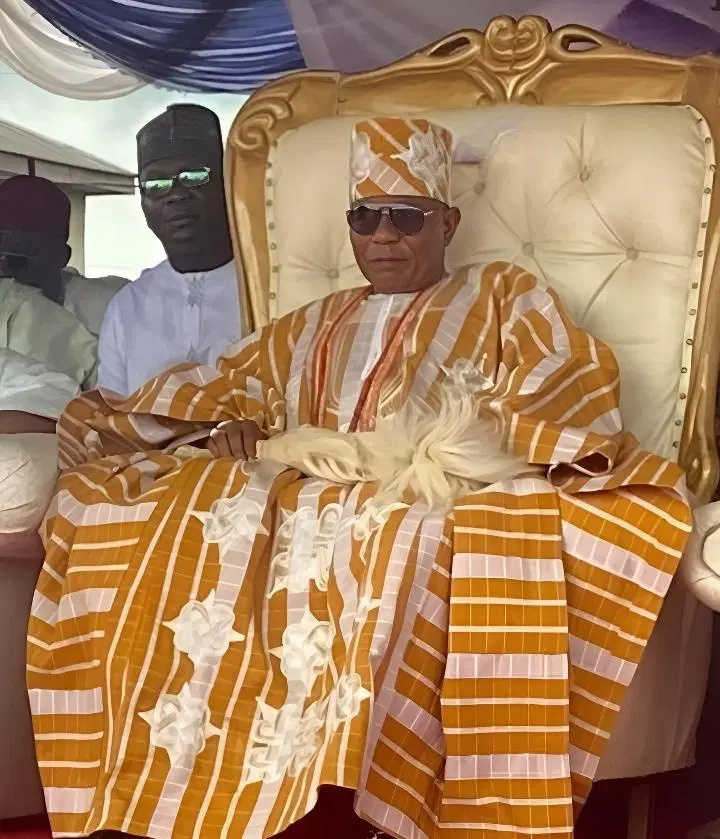During the annual Ulefunta Festival held in Akure, Ondo State, Governor Lucky Aiyedatiwa emphasized the significant role of culture in driving economic growth and social cohesion within the community. Speaking through the Commissioner for Culture and Tourism, Hon. Rasheed Badmus, the governor reiterated his administration’s commitment to recognizing and harnessing the cultural identity of the people for economic advancement and unity.
Aiyedatiwa remarked that cultural festivals like Ulefunta serve not only as symbols of tradition but also as powerful instruments for promoting economic development. He stated, “Culture symbolizes the identity of the people and can drive economic growth,” noting that the festival plays a vital role in uniting the community by reminding them of their shared history and aspirations.
The Ulefunta Festival is celebrated annually to honor Akure’s rich heritage and holds a prominent place in the state’s cultural calendar. As part of the festivities, the Deji of Akure, Oba Aladetoyinbo Aladelusi, entered a seven-day seclusion period, marking the tradition leading up to the celebration. During the event, Oba Aladelusi described Ulefunta as an emerging national brand, drawing attention to Akure’s cultural legacy. He also highlighted the importance of rebranding the festival to rejuvenate the town’s traditions and attract global recognition.
Governor Aiyedatiwa assured attendees that his administration would continue to support the Akure Kingdom in preserving its cultural heritage. He praised Oba Aladelusi’s leadership and compared the growing prominence of the Ulefunta Festival to the well-known Ojude Oba Festival in Ijebu.
He added, “Beyond its cultural essence, Ulefunta has become a unifying platform for Akure sons and daughters, enabling them to tackle socio-economic challenges and inspire collective growth.”
The festival was well-attended by prominent traditional rulers, including the Olowo of Owo, Oba Ajibade Gbadegesin Ogunoye, and the Owa of Igbara-Oke, Oba Francis Adefarakanmi Agbede, along with other esteemed monarchs from across the nation. Their presence underscored the importance of cultural heritage and its role in fostering unity and development within the region.

